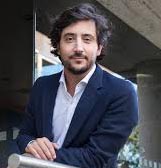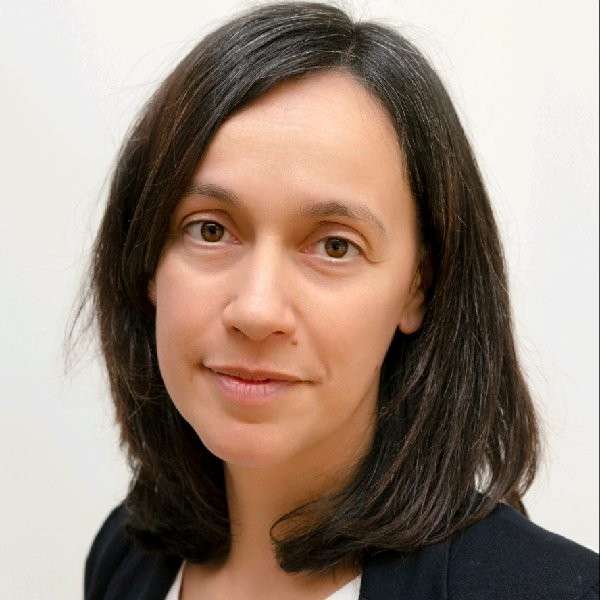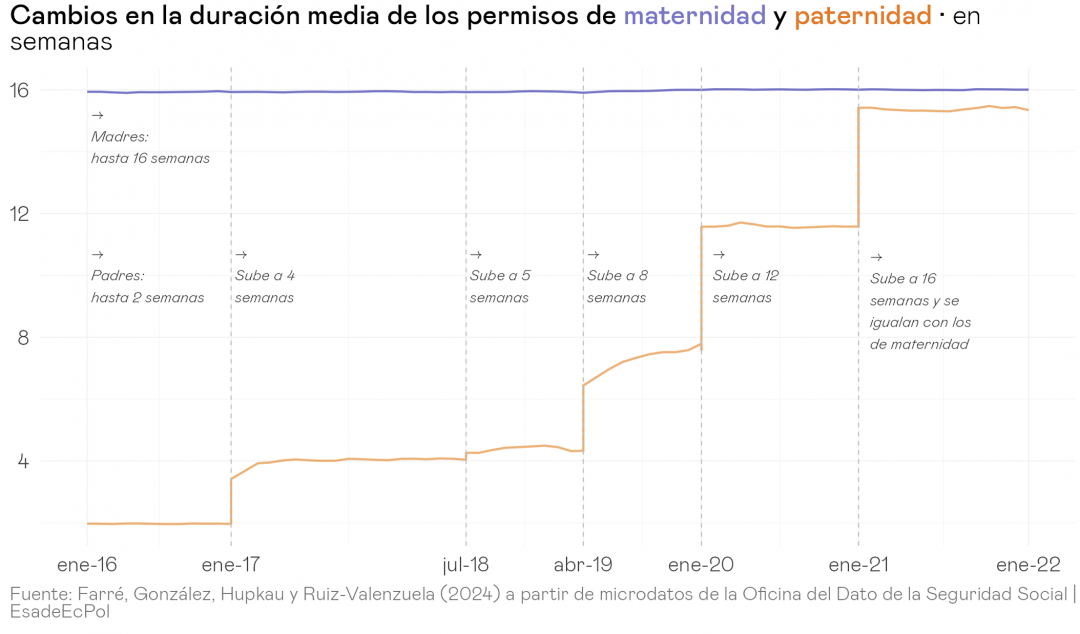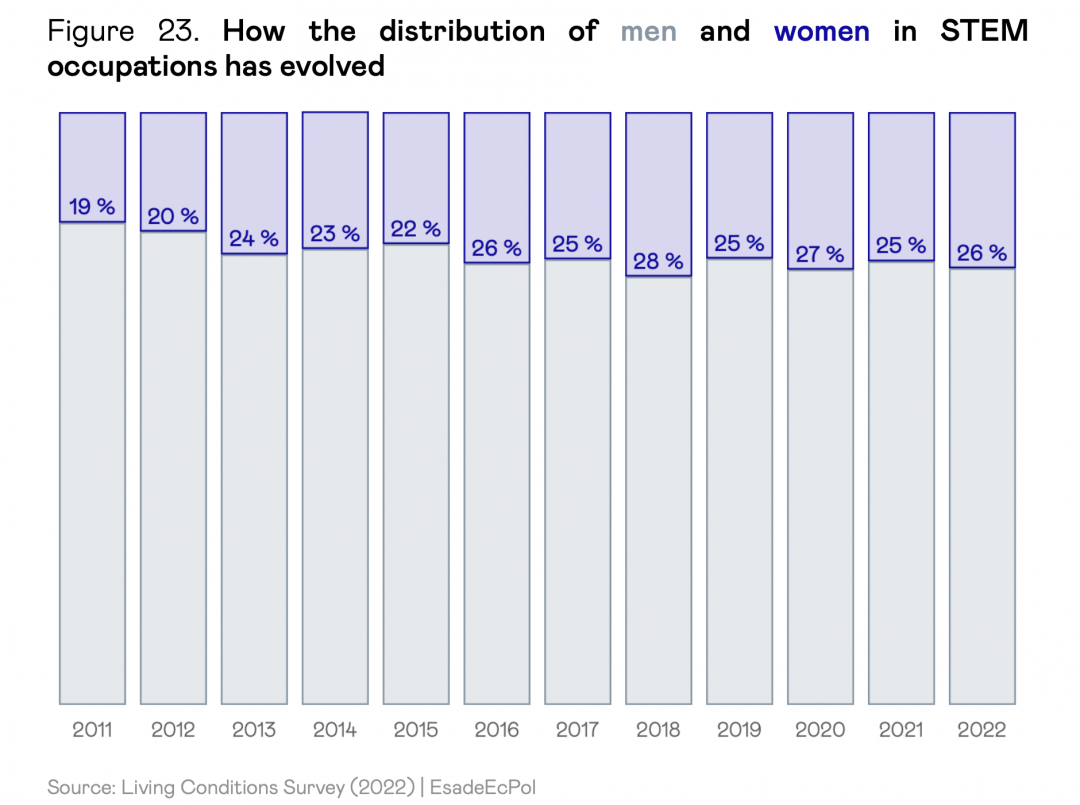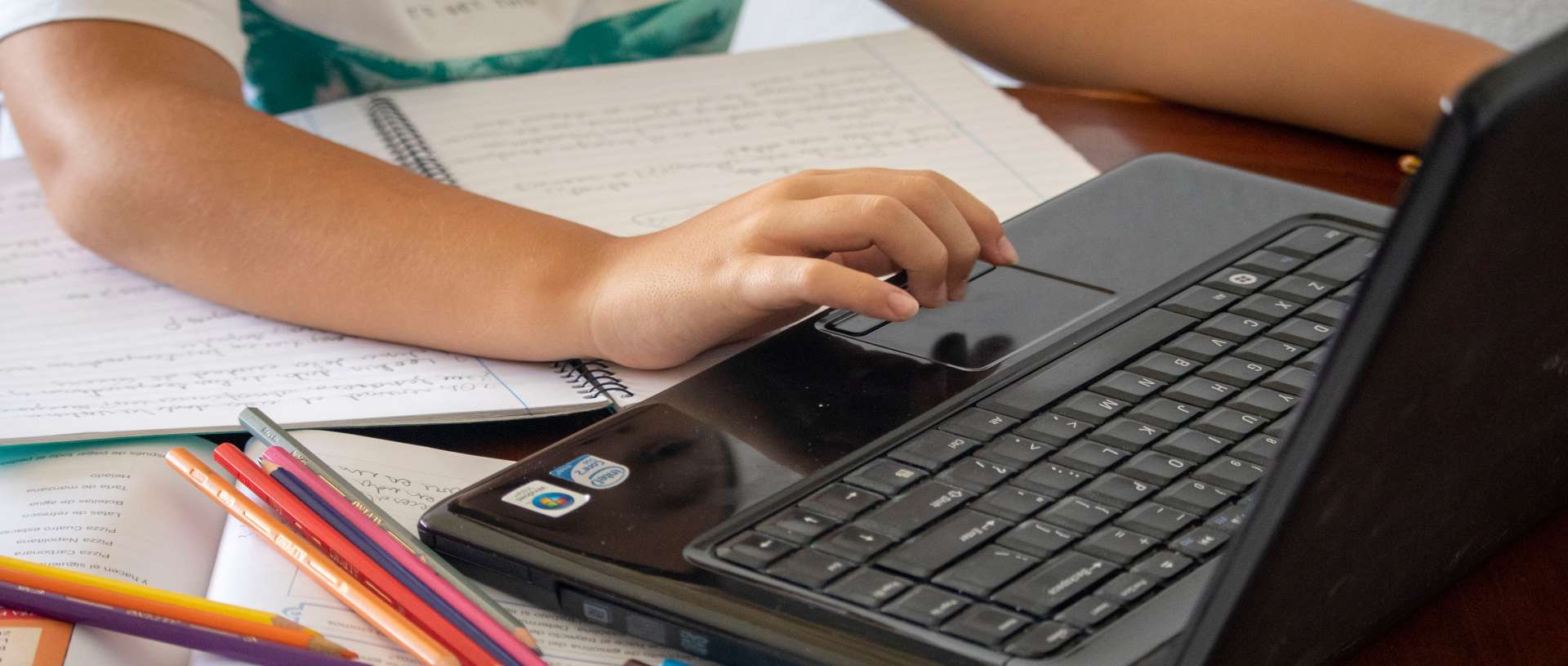
Executive Summary | Menttores: tutoring for educational equity
Lucas Gortazar, Toni Roldán, Zaida Pillado, Claudia Hupkau, Miriam Arriola
21 Sep, 2021
Menttores is high-impact, online tutoring programme for disadvantaged pupils in response to Covid-19.
Visit our website.
→ The pandemic, school closures and the economic crisis have had a tremendously negative impact on the learning and emotional development of pupils around the world according to the first studies using real-time data gathered in Belgium, the Netherlands, Germany, Switzerland, Australia, and the United States. A study carried out in Belgium by Maldonado and De Witte (2020), for example, found that although classrooms were closed for only three months (one third of the school year), the loss of learning in mathematics was equivalent to more than half a school year.
→ This learning loss hit pupils from vulnerable backgrounds far harder. Whereas middle- and upper-class families were able to offset school closures by giving their children more resources, support and time, many low-income families were less able to give their children quality time and support. A study of 350,000 pupils in the Netherlands by Burgess and Sievertsen (2020) revealed that pupils from families with a low level of education lost 40% more learning than the average pupil.
→ The education crisis caused by Covid-19 is a ‘silent’ crisis: Its impact is far less visible than that of the health or economic crisis. Nonetheless, its effects on educational development, children’s emotional well-being, equality and economic growth are equally serious. Unless effective public policies are implemented to counteract this situation, the pandemic will cause education gaps to widen and very considerable reductions in opportunities, social cohesion, and economic growth in the future.
→ The evidence gathered by over 100 experimental studies shows that small group tutoring programmes are, together with education for children aged 0 to 3 years, one of the most effective investments in education. In the spring of 2021, EsadeEcPol and the Fundación Empieza Por Educar (ExE) launched Menttores, an innovative programme providing free, online, two-to-one afterschool tutoring for deprived pupils hardest hit by Covid-19.
→ The programme was evaluated using an experimental method with maximum scientific rigor in the form of a randomized controlled trial (RCT). This methodology is rarely used in Spain to assess public policies, but commonly used in other countries to assess education projects and other types of public policies. This experimental design entails the creation of two statistically equivalent groups selected at random – an intervention group that takes part in the programme and a control group that does not – and enables the estimation of the causal impact of any intervention.
→ Menttores consisted of an 8-week long, intensive online tutoring program, with three 50-minute sessions a week for pupils aged 12 to 15 (years one and two of compulsory secondary education) in 18 state and grant-assisted schools (colegios concertados) in the Region of Madrid and Catalonia (Barcelona and Lleida). Priority was given to schools in low-income districts with a high share of immigrants, such as Usera and Vallecas in Madrid, Cornellà in Barcelona, and the city of Lleida. Taking part in the evaluation were 378 pupils: 206 received tutoring (intervention or treatment group) and 172 did not (control group). All afterschool tutoring was carried out using digital devices and the Google Workspace platform in groups of two pupils per mentor and focused on maths and social-emotional support (motivation, well-being, work routines).
→ Fifty-two academic mentors took part in the programme. Forty-five of them were paidfor, qualified secondary school teachers. The remainder were volunteers. They underwent a thorough selection process involving more than 500 applicants and received intense training from ExE.
→ To the best of our knowledge, Menttores is the world’s first tutoring programme provided entirely online by qualified teachers and assessed through an experimental methodology. The results of the study have been remarkably positive for pupils in terms of both academic outcomes as well as socio-emotional outcomes. The programme was completed by 96.6% of pupils, attending an average of 17 sessions (70.8% of all sessions) and 920 minutes (76.7% of the target).
In academic terms, the results show that pupils taking part in the programme experienced a significant improvement in various dimensions:
— The programme led to a 17% increase in end-of-year maths grades, the equivalent of six months of learning.
— Children who took part in the programme were 30% more likely to pass the subject (maths) than children in the control group.
— The pupils given tutoring also experienced a 17% improvement in the standardized maths test designed by our pedagogical team.
— The Menttores programme reduced the share of pupils repeating the academic year by 8.9 percentage points, equivalent to a reduction by 75% compared to the control group.
The programme also had a positive impact on pupils’ socioemotional wellbeing and aspirations:
— Pupils participating in Menttores were 31% more likely to want to continue studying the academic track in upper secondary school (post-compulsory secondary schooling) than those who did not.
— Satisfaction with school amongst pupils taking part in Menttores improved considerably (7% compared to the control group).
— The likelihood of pupils saying they made an effort at school was 19% higher amongst those in the intervention group than those in the control group.
Visit our website and watch the documentary.
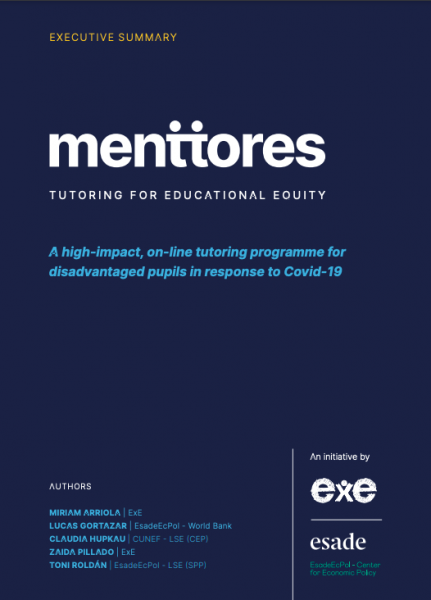

Assistant professor en CUNEF & associate en el Education and Skills Programme del Centre for Economic Performance (LSE)
View profile

